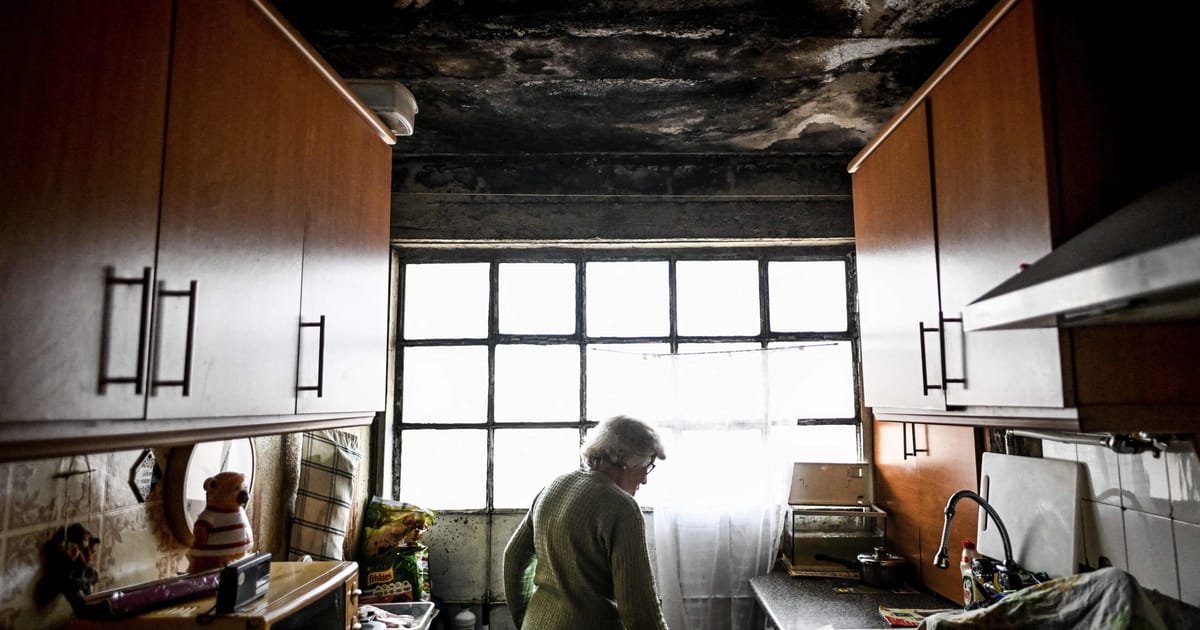The European Commission is pushing for the post-pandemic recovery fund not to be repeated — as well as for conditions on financing of poorer regions.
The European Commission is siding with a German-led group of fiscally conservative governments by resisting demands to finance spending through more borrowing — on top of a push to add conditions to the hundreds of billions of euros it gives the European Union’s poorest nations.
In effect, it signals the end of an era of free money — when the bloc’s massive post-pandemic recovery fund was made up of shared debt rather than national contributions, and when EU funds for things like new roads, hospitals and renewable energy projects were lavished mostly on eastern and southern European countries without them having to do anything in return.
The Commission, which is in charge of managing the EU’s €1.2 trillion seven-year budget, predominantly funded by its members, is beginning to think about the version due to start in 2028. The questions will come to a head when countries negotiate how much money to allocate to different programs. The Commission will put forward a formal proposal in the summer of 2025, which will have to be unanimously approved by governments before the end of 2027.



Don’t worry, no poor people will be hurt by this decision, at least not more than they’re already hurting themselves by electing thieving bastards.
Same kind of people were getting the money anyway, so this is just rich not wanting the slightly less rich, but not smart enough to
bribelobby correctly, to get more money.I have, what you may call “close ties” with one of those countries so “pretend” communism isn’t any better. (hint: most of my life wasn’t spent in the “west”)